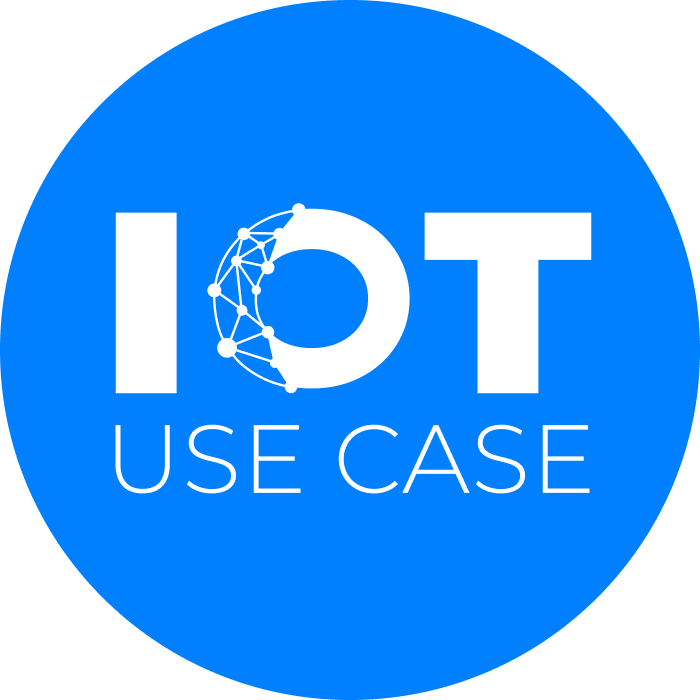Manual quality control is time-consuming and error-prone, as human inspectors can become fatigued and easily distracted. Cameras and artificial intelligence (AI) are a promising alternative for automating quality assurance. ACP CUBIDO Digital Solutions, a specialist in analytics, software development and process automation, enables fast and reliable AI-supported optical quality control in production.
The challenge: Manual quality control is time-consuming and error-prone
A manufacturer in the automotive supply industry had a special requirement for quality assurance: the manual assembly of parts with many components. It is possible to mix up components, install them incorrectly or forget them. Even small defects can affect the entire assembly and impair its function.
A quality check is particularly important here, but also difficult to implement due to the many possible errors. Manual inspection is time-consuming and slows down production. In addition, human testers also make mistakes after a few hours of work, which affects the results.
A good alternative is automated, AI-supported quality control with cameras. It offers increased accuracy in the detection of defects and thus improves the quality of the products. Thanks to state-of-the-art technology, it offers constant, reliable performance. ACP CUBIDO develops such customized solutions for the collection, analysis and processing of data using artificial intelligence.
The solution: Automated quality control with camera and artificial intelligence
The optical AI quality assurance system consists of a camera system, an edge server for pre-processing and evaluating the images and a cloud application for storing the data and later analyzing it based on important indicators such as defect frequency or defect type.
There are several alternatives for the camera, which are individually selected by the customer and ACP CUBIDO for the respective budget and requirements. For example, there are high-quality industrial cameras that are connected to a powerful industrial PC or edge server via Ethernet. On the other side of the spectrum are low-cost mini cameras that are attached to the Raspberry Pi small computer and controlled from there by software.
Quality control by the workers themselves
The specific case study involves parts in the automotive industry that consist of several components and are assembled manually. Very different configurations are possible in each case, which makes assembly complex.
The quality check is carried out by the workers themselves: they place the finished component in a camera box and after a few seconds they are informed of the result of the check on a display. If components are missing or incorrectly fitted, the software clearly highlights the error for the worker.
The system is trained and adapted on the shopfloor
The AI solution must be trained on both faultless and faulty components so that it clearly recognizes the quality problems – in this case, missing or incorrectly placed components.
In principle, all correct configurations of the components must be learned individually. In addition, several runs are often necessary for the AI software to reliably detect defects. This training process is necessary again for new components or component configurations and is implemented by the workers themselves. As a result, AI quality control works largely without intervention by technicians after initial commissioning.
The result: Improved detection of quality problems and missing or incorrect components
The use of AI in quality control enables fast and precise defect detection, regardless of the area of application. The system recognizes quality problems within fractions of a second, which speeds up throughput times in production.
By automatically archiving the images, trends in the defects are recognized. Continuous data collection and analysis in the cloud makes it possible to monitor quality over longer periods of time. This makes it easier to analyze changes in the production process. Optical AI quality assurance therefore has the potential to significantly increase quality in the manufacturing industry.





